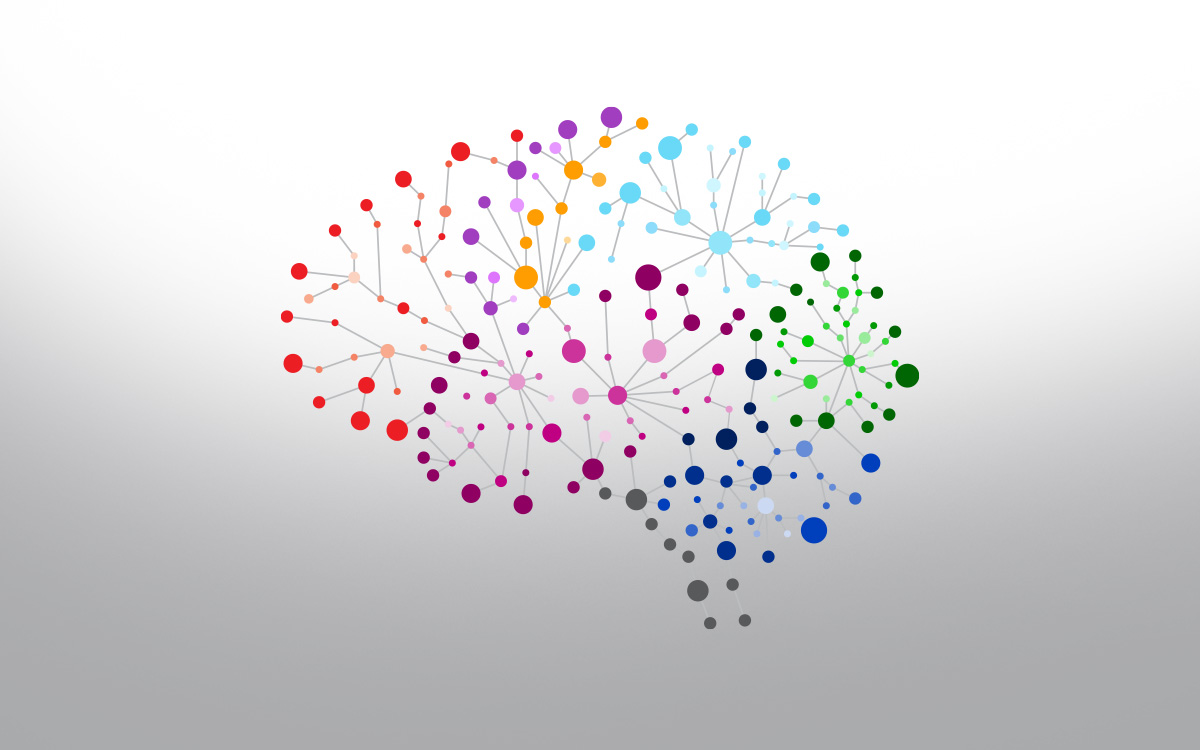When someone living with symptoms of dementia firmly believes that there is nothing wrong with their memory or their thinking abilities…then it is likely they may be affected by a common condition called “Anosognosia.”
According to the article, “Dignity, Risk, and Choice” published by Nova Scotia Health, anosognosia is a medical term to describe the “lack of insight and is a common feature of dementia.” It is important to emphasize that anosognosia is not merely being “in denial” of one’s medical condition. In fact, anosognosia is a symptom of dementia. The individual has no awareness of their condition or the care that they require.
Anosognosia poses a challenge for caregivers when explaining to the person affected with anosognosia that they need to see a doctor or may now require help in the home such as with cooking, cleaning or even doing tasks related to self-care. However, there are some ways to support someone with anosognosia that can also help reduce the stress of the people who are caring for them.
What Causes Anosognosia?
Neurological Damage
Although the exact mechanism of what causes anosognosia is not known, one of the possible causes is damage to the brain that is responsible for insight and self-awareness. In Alzheimer’s disease, for example, the neurofibrillary tangles and plaques that develop can choke the brain cells of much needed nutrients, causing certain parts of the brain to shrink and eventually die.
Disrupted Neural Networks or Loss of Neural Connections
The intricate neural networks in the brain responsible for self-reflection and awareness can be disrupted by dementia. Connectivity between different brain regions becomes compromised, leading to a breakdown in communication. This disconnect may contribute to the inability of individuals with dementia to recognize their cognitive impairments. Hence, the perceived “denial” from the person who may be affected with anosognosia. They simply are not aware or cannot process that there is something wrong with them.
Frontal Lobe Dysfunction
The brain’s frontal lobe is responsible for many functions including: speech and language, and movement. Anosognosia is often linked to dysfunction in the frontal lobes, which play a crucial role in self-awareness and judgment and impulse control, to name a few. This is why individuals diagnosed with dementia with damage to the frontal lobe can insist that they are still able to walk on their own and can feel very confused and frustrated when they are told that they now require supervision or even a wheelchair to move around.
Challenges for Family Caregivers
Being a family caregiver to anyone living with symptoms of dementia is not always easy. There are a lot of changes to navigate on top of all the emotions such as sadness, fear, guilt, anger, as well as frustration.
Frustration frequently arises when attempting to persuade an individual with anosognosia that they require assistance and that your efforts are aimed at supporting them. Unfortunately, given their lack of awareness regarding the need for help, the situation can become very challenging and even awkward.
Best Practices in Dementia Care
In the world of best practices in dementia care, it’s best to never correct or argue with the person. Drawing from my 27 years of experience working with hundreds of people affected by anosognosia, I’ve witnessed significant success when caregivers refrain from highlighting deficits. Instead, adopting an approach that acknowledges the person’s current state while providing appropriate support has proven effective.
In such situations, incorporating creative solutions, such as the technique of Therapeutic Reasoning™, has been particularly beneficial. Therapeutic Reasoning™ involves employing reasoning that aligns with the individual’s understanding, maintaining harmony, and offering reassurance to those grappling with the complexities of their reality.
For instance, if a wife, who may not recognize the need for assistance, believes neither she nor her full-time caregiver husband requires weekly respite, Therapeutic Reasoning™ comes into play. Suppose the wife enjoys taking walks. In this case, a creative solution might involve proposing that a “friend” of their daughter is initiating a weekly walking club, seeking participants to kick off the activity next Thursday morning. This approach reframes the situation, making it seem like a new public program rather than a service specifically tailored to support her family due to her dementia.
Getting Advice from Experts or Support from Family, Friends and Other Family Caregivers
As family caregivers, stress can sometimes cause a reduction in implementing creative ideas. Reaching out for support from healthcare professionals and other experts who understand dementia and the best practices can be very helpful. Speaking openly to family members and friends can also help take some of the stress away.
Although not all family caregivers may have family around to help them, there are other resources within the community (online or in-person) that can help with some of the challenges of caregiving. In addition, hearing other family caregivers who may share similar experiences can be a source of creative ideas and emotional support to help you to not feel alone.
Try Not to “Take It Personally”
It’s hard not to feel personally affected when a person living with symptoms of dementia says or does things that cause distress. The key is to step back and empathize, attempting to see things from their perspective. This approach can really make a big difference in a family caregiver’s mental and emotional well-being. It helps create peace instead of conflict in the relationship.
Anosognosia may take away the person’s ability to understand their condition, but it does not change the love, the relationship and the bond shared between family members. This is how one regains control and resilience in the world of dementia care.
Karen Tyrell CPCA, CDCP is a Dementia Consultant, Educator, Author & Advocate, and Founder of Personalized Dementia Solutions Inc. (www.DementiaSolutions.ca). Karen offers her expertise on dementia care through speaking engagements; workshops; support groups (both online and in-person) and by working one-on-one with families/caregivers to provide emotional support and practical solutions. She was also on the design team for The Village Langley (Verve Senior Living) and provides ongoing education to the Village team, families and the community. If you would like to learn more, please feel free to reach out.
DISCLAIMER:
The contents of this blog are provided for information purposes only. They are not intended to replace clinical diagnosis or medical advice from a health professional.




